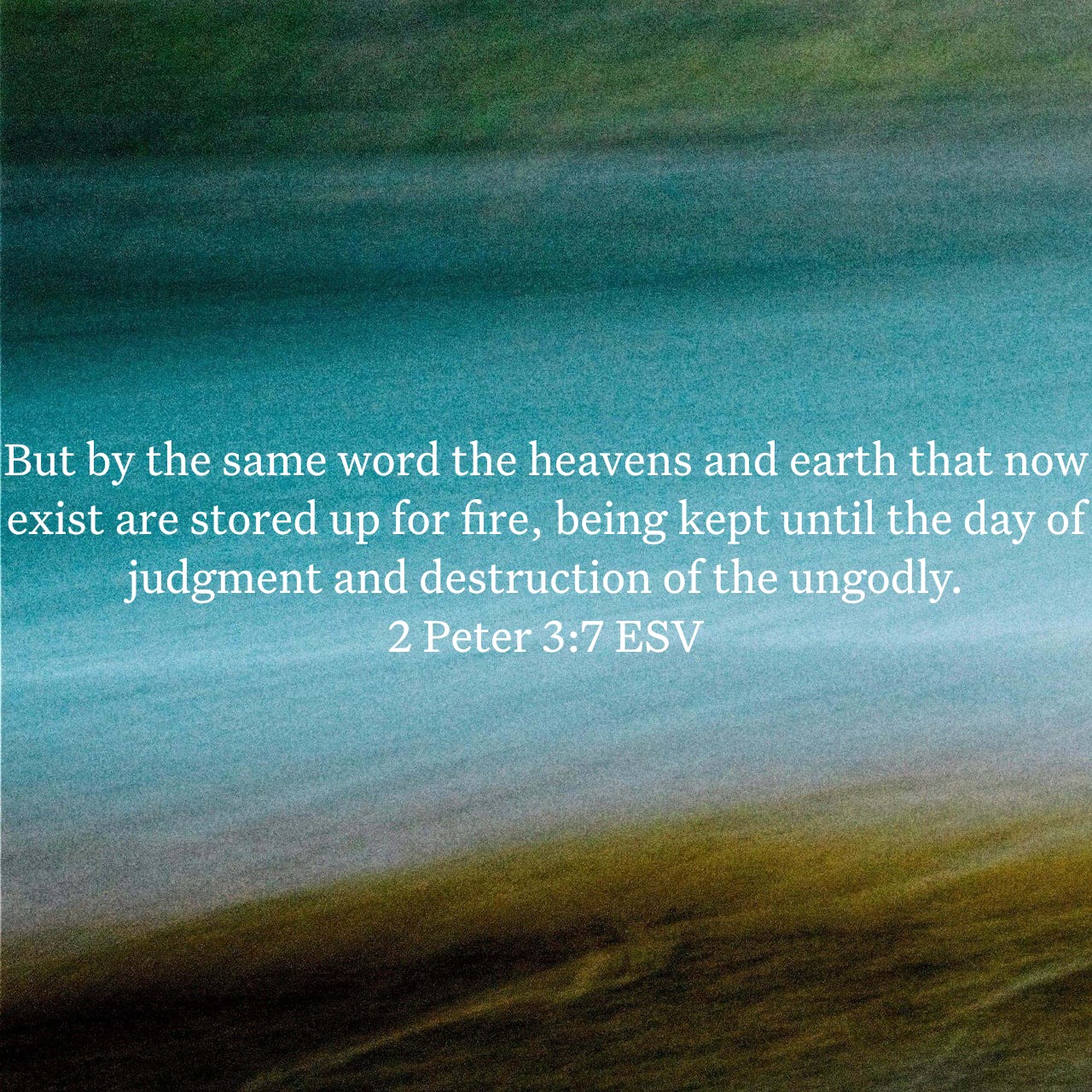Devotional 4 October 2025

Peter opens this chapter with a pastoral reminder: “This is now the second letter that I am writing to you, beloved. In both of them I am stirring up your sincere mind by way of reminder” (2 Peter 3:1). He knows how easily believers can grow dull when confronted with opposition, so he writes to awaken their minds with truth. He calls them to remember the words spoken beforehand by the prophets and the commandment of Christ through the apostles (v. 2). Scripture, both Old and New Testament, provides the foundation for stability in times of uncertainty.
Peter warns that scoffers will arise in the last days, and then he points out that they are already at work in his own generation (vv. 3–4). The apostles consistently understood the “last days” not as some distant future, but as the age inaugurated by Christ’s death, resurrection, and exaltation. As Hebrews 1:1–2 tells us, “Long ago, at many times and in many ways, God spoke to our fathers by the prophets, but in these last days he has spoken to us by his Son.” Likewise, Peter himself declared at Pentecost, quoting Joel, that the Spirit’s outpouring marked the arrival of the last days (Acts 2:17). We are living in that same age, awaiting the consummation of Christ’s promises.
The scoffers’ main argument is familiar: “Where is the promise of his coming?” (v. 4). They claim that history continues unchanged, so God’s judgment will never come. But their questioning does not arise from careful reflection; Peter tells us plainly that it flows from their sinful desires (v. 3). We still hear this objection today, framed in different terms: “If God were good, why hasn’t He already dealt with evil?” Such words may sound intellectual, but Peter unmasks them as rebellion.
What the scoffers deliberately overlook is God’s record of judgment in history. By His word the heavens and earth were formed, and by that same word the ancient world was destroyed by the flood (vv. 5–6; cf. Genesis 7:11–12). The Creator who spoke the universe into existence is the same Lord who judged it once before, and He has promised to do so again. Isaiah 55:11 reminds us, “So shall my word be that goes out from my mouth; it shall not return to me empty, but it shall accomplish that which I purpose.”
Thus Peter anchors our hope in the authority of God’s Word. By that Word the heavens and earth that now exist are “stored up for fire, being kept until the day of judgment and destruction of the ungodly” (2 Peter 3:7). The delay is not weakness or neglect on God’s part, but patience that will later be explained (v. 9). For the believer, remembering this truth is not merely theological: it is spiritual resistance. When we recall God’s promises, we stand unmoved by scoffers and their mockery.
Peter writes not to stir up fear but to stir up faith. Our stability rests not on human understanding, nor on the timing we think best, but on the unshakable Word of the Creator. The One who made the world and judged it by water will bring about His final judgment by fire. Until that day, our calling is to remember, to trust, and to live in light of His sure promises.